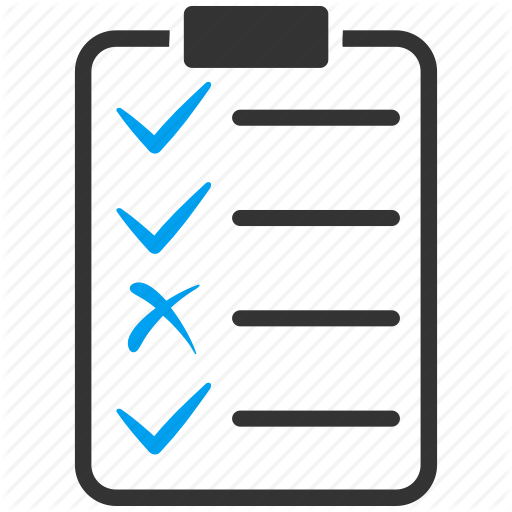


To be eligible for the 820 and 801 visas, the applicants are required to meet certain health and character requirements, including partaking in a health exam and providing police clearances from other countries lived in and signing an Australian Values Statement.
The lodgement process for both the temporary
and permanent visas occurs at the same time,
however they are processed in two stages,
two years apart. An applicant is eligible to
lodge the 801 (Permanent Visa) two years
after the lodgement of the 820. The subclass
820 visa allow the applicant to stay, work
and study in Australia until a decision has
been made on the permanent subclass 801
visa. It also allows the applicant to enrol
in Medicare, Australia’s health care scheme.
Dependent children can be included in the
application (child visa applications) but
other independent relatives are not eligible
for inclusion.

 Resident Return Visa (RRV) - Subclass 155
Resident Return Visa (RRV) - Subclass 155
 Student Visa (Subclass 500)
Student Visa (Subclass 500)
Allows students to live and study full-time in Australia.

The Administrative Appeals Tribunal (AAT) has been abolished and replaced with a new body called the Administrative Review Tribunal (ART). This change is part of the Australian government’s reforms to overhaul the administrative review system, addressing criticisms of the AAT’s efficiency, independence, and transparency.
 Visitor Visas
Visitor Visas Investor Retirement Visa (Subclass 405)
Investor Retirement Visa (Subclass 405)
This visa is for individuals who want to live in Australia during their retirement years. It requires the applicant to make a significant financial investment in Australia.
Test, Interview, and Preparation

If you come from a non-English speaking background or are finding it challenging to pass the Australian citizenship test, our dedicated team is here to help! We provide tailored support throughout the application process...
Applicants aged 18–59 applying for citizenship by conferral typically need to complete a citizenship test or interview...


Applicants aged 18–59 at the time of application submission.
Appointment details will be sent via post. Testing is usually conducted in capital city offices...


Arrive on time. Identity will be confirmed, photo captured, and you’ll take the test on a tablet or computer...
You can request an Assisted Test if you need help with reading or using the device. No outside help allowed.
If You Pass: You'll move forward to a ceremony or receive your certificate by mail.
If You Fail: You may retry up to 3 times free of charge.
Exempt applicants will be interviewed to verify identity and discuss their application.

Check the Department of Home Affairs website and attend seminars we offer for policy updates.
Set study goals, maintain healthy habits, and stay motivated by celebrating progress.

Consult our migration lawyers or attend community workshops for personalized help.
This content provides general information only and does not constitute legal advice...